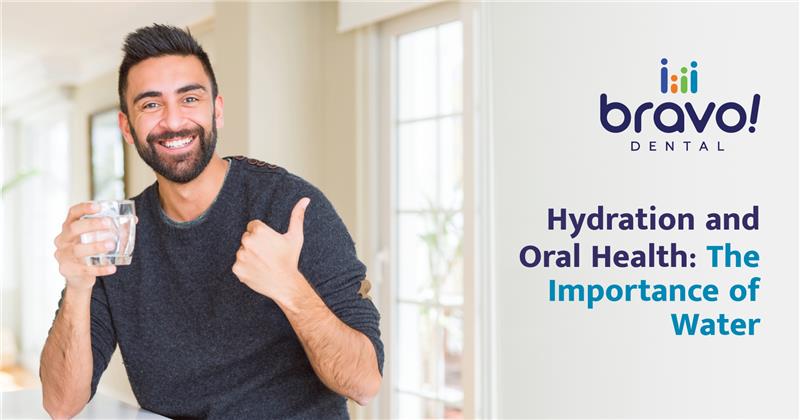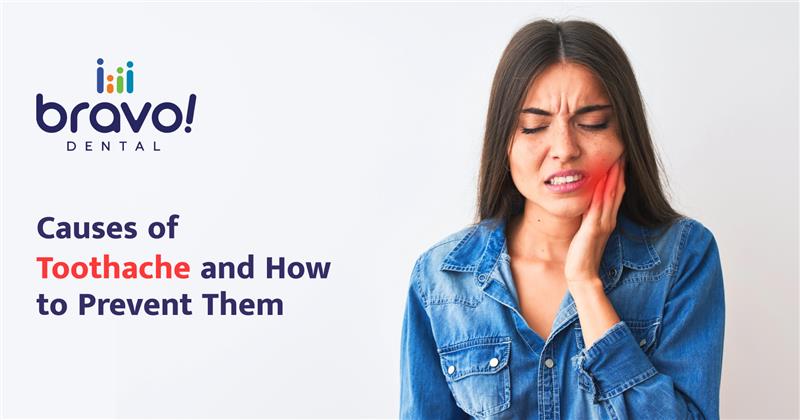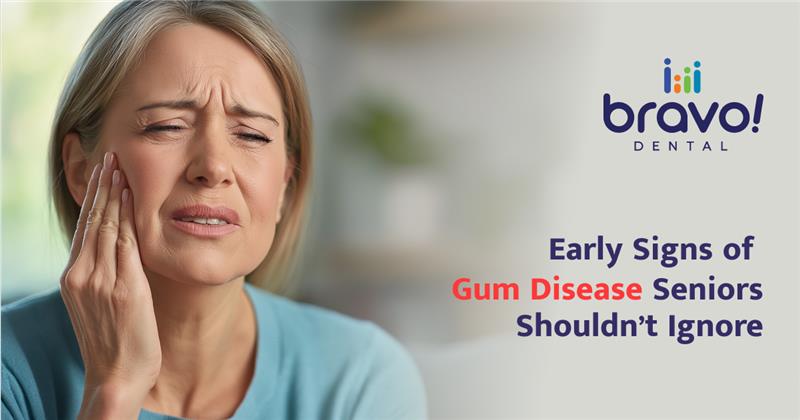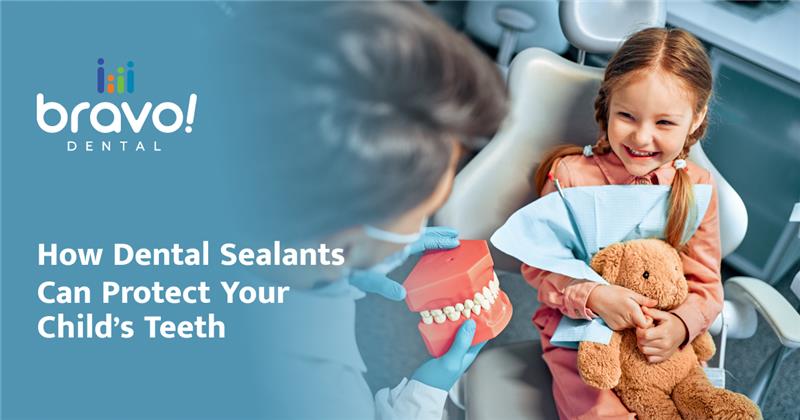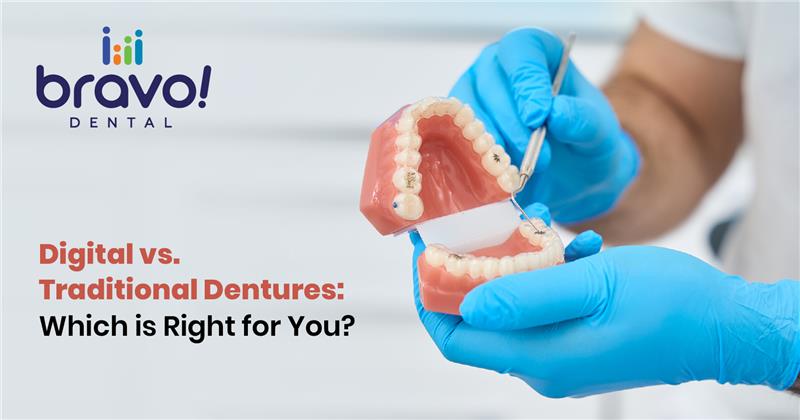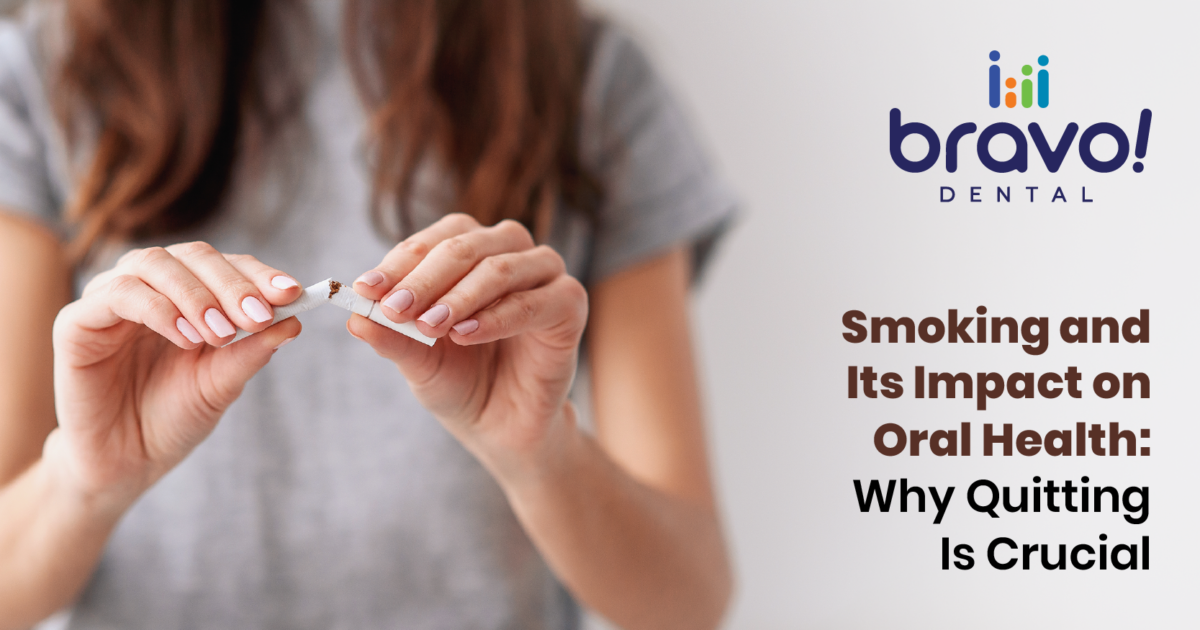If your mouth could talk (well, more than it already does), it would ask you to drink more water. It’s the unsung hero of oral health—keeping your teeth h4, your breath fresh, and your gums happy. Sure, brushing and flossing get all the credit, but without enough water, your mouth becomes a playground for bacteria. In this blog, we’ll explore the connection between hydration and oral health, and why water should be your go-to beverage for a healthy smile.
Why Water Matters for Your Mouth
Your saliva is about 99% water, and it’s your mouth’s first line of defense. It washes away leftover food, neutralizes harmful acids, and even helps repair early tooth damage. But when you’re dehydrated, saliva production drops, leaving your mouth dry and vulnerable. Ever woken up with that sticky, pasty feeling in your mouth? That’s your body’s way of saying, “Hey, I need more water!”
Dry Mouth: More Than Just Uncomfortable
Dry mouth isn’t just annoying—it’s a problem waiting to happen. Without enough saliva, bacteria and food particles stick around longer, increasing your risk of cavities and gum disease. If you’re someone who takes medications that cause dry mouth (looking at you, allergy meds), drinking water becomes even more critical. It’s like giving your mouth a reset button.
Water vs. Acid Attacks
Every time you eat or drink something sugary or acidic, your teeth are under attack. Bacteria in your mouth feast on sugar and produce acids that wear down enamel. Saliva helps neutralize these acids, but it needs water to do its job. Drinking water after meals is like sending in reinforcements—it rinses away food particles and dilutes acids, giving your teeth a fighting chance. And if your water has fluoride? Bonus points. Fluoride strengthens enamel, making your teeth more resistant to decay.
Fresh Breath Starts with Hydration
Let’s be honest: no one wants bad breath. It’s often caused by bacteria hanging out in a dry mouth, breaking down food and releasing stinky compounds. Water keeps your saliva flowing, which washes away bacteria and keeps your breath fresh. If you’re constantly reaching for mints or gum, try reaching for water instead.
Healthy Gums Need Water
Dehydration doesn’t just affect your teeth—it can also take a toll on your gums. When your mouth is dry, bacteria can build up along the gumline, leading to inflammation and even gum disease. Drinking water helps flush out bacteria and keeps your gums hydrated and healthy.
How Much Water is Enough?
So, how much water is enough? A good rule of thumb is to aim for eight glasses a day but listen to your body. If you’re active or live in a hot climate, you might need more. Carry a reusable water bottle with you—it’s an easy way to stay on track. If plain water feels boring, add a slice of lemon, cucumber, or even a sprig of mint for a little flavor boost.
Make Water Your Mouth’s Best Friend
If you’re serious about keeping your teeth and gums in top shape, make water your go-to drink. Cut back on sugary sodas and acidic juices—they’re working against you. Keep a water bottle nearby, sip regularly, and enjoy the easiest, most natural way to protect your smile.
